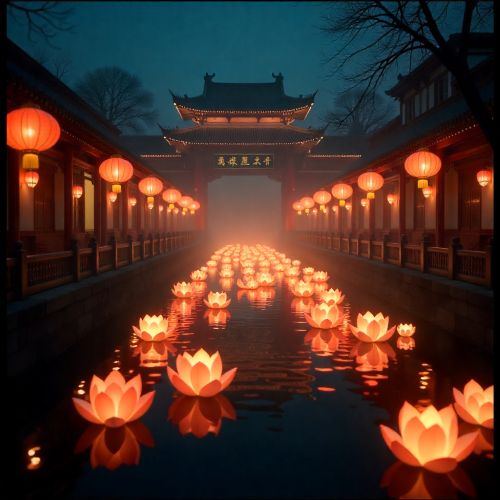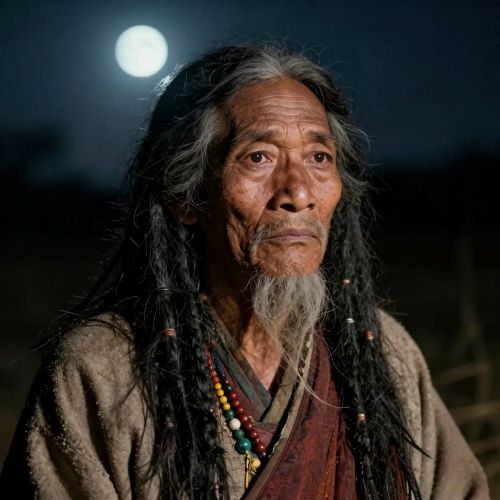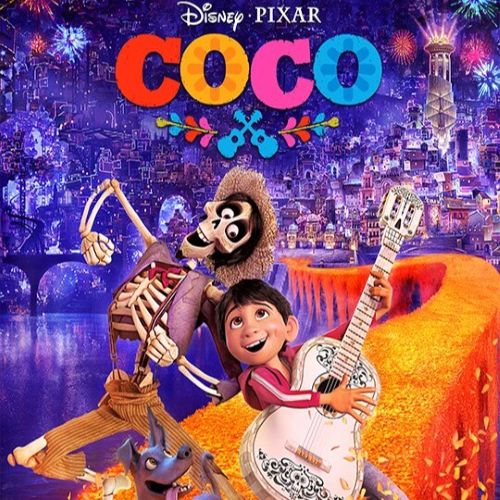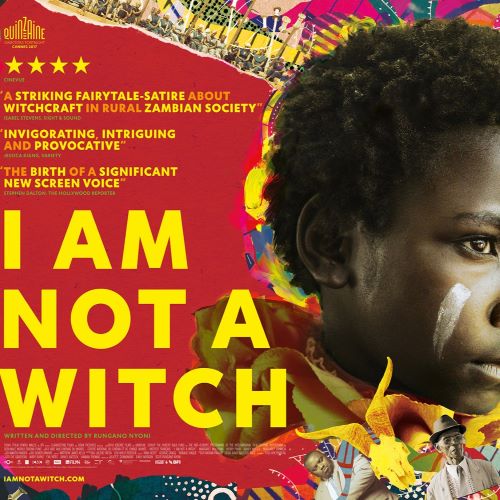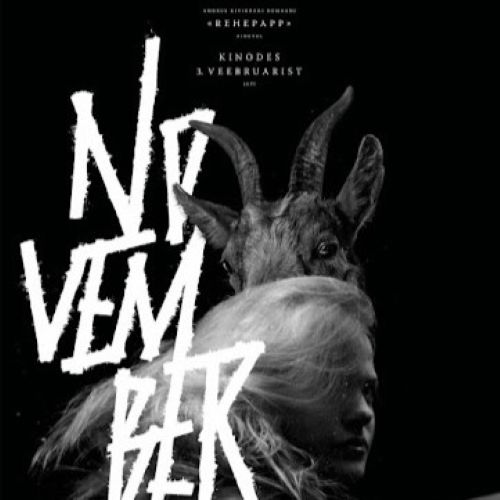Along with the Gods : The Two Worlds (2017)
| Description | |
|---|---|
| Country of Origin | Korea |
| Language | Korean |
| Genre | Fantasy, Adventure |
| Cast | Ha Jung-woo, Cha Tae-hyun, Ju Ji-hoon, Kim Hyang-gi |
| Directed by | Kim Yong-hwa |
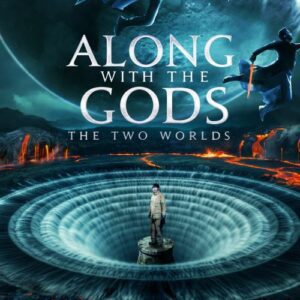
Along with the Gods: The Two Worlds (2017) is a visually stunning and emotionally charged film that seamlessly blends Korean mythology with modern storytelling. Directed by Kim Yong-hwa and based on Joo Ho-min’s webcomic Singwa Hamgge, the film follows firefighter Kim Ja-hong as he undergoes trials in the afterlife to determine his fate. Rooted in Buddhist, Taoist, and Confucian beliefs, the movie presents a unique interpretation of the Seven Hells, where the deceased must prove their innocence in different realms of judgment. This system reflects traditional Korean mythology, which teaches that souls pass through seven trials—each governed by a different King of Hell—to account for their actions in life. The trials in the film include realms such as Murder Hell, Betrayal Hell, and Filial Impiety Hell, reinforcing the idea of karma and moral responsibility.
The afterlife guardians, Gang-rim, Haewonmak, and Deok-choon, play a central role in guiding Ja-hong through these trials. These figures are inspired by the chasa (grim reapers) of Korean folklore but are portrayed with greater emotional depth, serving not just as escorts of the dead but also as their defenders. The film’s depiction of Yeomra, the ruler of the underworld, is particularly striking. In Buddhist and Korean mythology, Yeomra is a figure of justice who weighs a soul’s virtues and sins, determining whether they deserve punishment or reincarnation. His portrayal in the movie captures this duality, emphasizing that divine judgment is not merely about retribution but also about redemption.
One of the film’s strongest elements is its thematic exploration of karma, redemption, and filial piety. The narrative underscores the Buddhist belief that one’s actions have consequences beyond death but also highlights the possibility of atonement and forgiveness. Confucian values are deeply embedded in the story, especially through the trial focusing on Ja-hong’s treatment of his mother. This reflects the Korean cultural emphasis on respect for parents and ancestors, reinforcing the idea that familial bonds extend even into the afterlife. The film also integrates the concept of reincarnation, suggesting that those who pass the trials can be reborn into a better life, in line with Buddhist teachings on samsara and karmic cycles.
Beyond its mythological depth, Along with the Gods: The Two Worlds excels in its visual storytelling. The CGI-heavy depiction of the underworld is breathtaking, bringing to life the different realms with distinct landscapes that reflect the sins they punish. The action sequences, combined with the emotional weight of Ja-hong’s journey, create a gripping narrative that keeps viewers invested. The film’s success lies not only in its ability to adapt traditional mythology into a modern cinematic spectacle but also in its universal themes of justice, sacrifice, and the hope for redemption. By blending ancient spiritual concepts with a compelling human story, it stands as one of the most impactful mythologically rich films in contemporary cinema.


